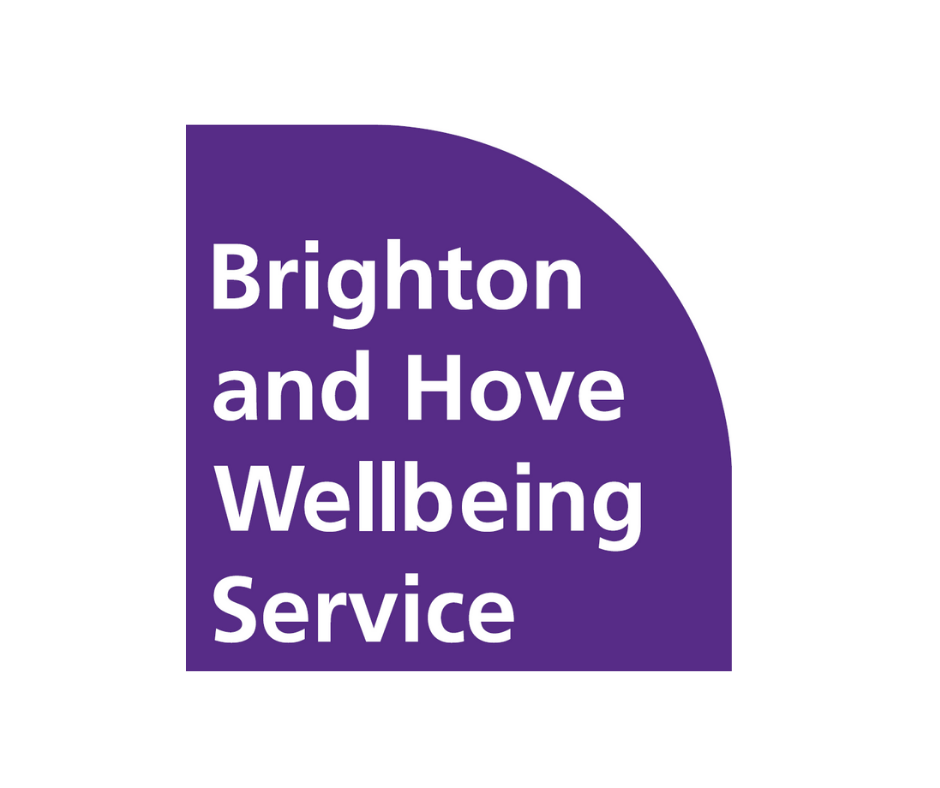CYP service position on out-of-area referrals
CYP service is commissioned to treat clients within Brighton and Hove. Treating clients outside of area has potential for risk. For example, it makes it hard for a client in crisis to receive an efficient emergency call out and liaison for safeguarding purposes.
All clients should meet two-out-of-three of the criteria in order to be considered for the Wellbeing Service:
GP with a BN1, BN2, BN3 or BN41 postcode
Main residential address with a BN1, BN2, BN3 or BN41 postcode
Education establishment with a BN1, BN2, BN3 or BN41 postcode
CYP Protocol:
If a child or young person moves out of area mid-treatment, the CYP Wellbeing therapist may advise them to register with a GP and may seek to transfer treatment to the new area before discharging a child or young person.
If a child or young person returns to the area within three months, they can then inform Wellbeing of their return to B&H, and may then be added to their previous waiting list position.
Where there's a change in risk level, which means CYP Wellbeing is no longer the appropriate service, the CYP will be referred to another service to meet their identified needs.
What we offer
Our service offers mild-to-moderate mental health support for Children and Young People’s (CYP) Wellbeing Service.
We work with 2 - 24 year olds via in-person and video appointments (using a secure website called Attend Anywhere).
We deliver short-term counselling or therapy depending on the presenting mental health difficulty.
In general, sessions will last between 6 to 10 sessions.
What does ‘mild to moderate’ mean?
Mild mental health difficulties tends to mean that your mental health has some impact on day-to-day life and moderate means there is a fairly significant impact on your day-to-day life. This could mean that you're sometimes finding it difficult to engage positively with things like school/work, friendships, family etc, due to the following feelings:
Sad, depressed or bad about yourself
Worried, anxious or panicky
Afraid (fears or phobias)
What don’t we do?
We can't offer support for severe mental health difficulties where there is a very significant impact on your day-to-day life as a result of your mental health.
If we feel this is the case for you, we will support a referral onto another service better suited to your needs e.g. the Child Adolescent Mental Health Service (CAMHS).
We don’t diagnose, prescribe or offer medication reviews.
We don’t offer urgent response or crisis management support.
We don’t work with children or young people who are presenting with moderate to severe mental health needs.
We don’t work with young people who do not consent to our support.
We don’t offer specialist support around complex trauma or bereavement.
We are not able to offer counselling for specific trauma events where a specialist service should provide care e.g. domestic violence, bereavement.
We are not able to offer long term treatment.
Helpful information
If you would like helpful resources for looking after your mental health during this time, please visit our Resources page.

